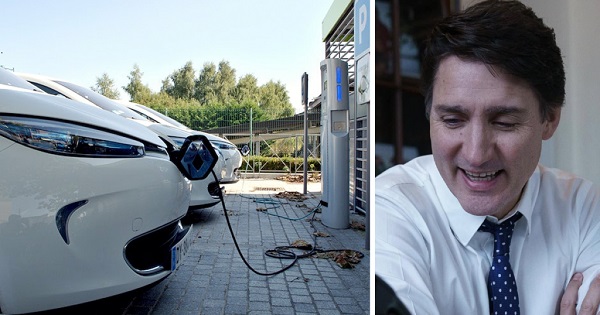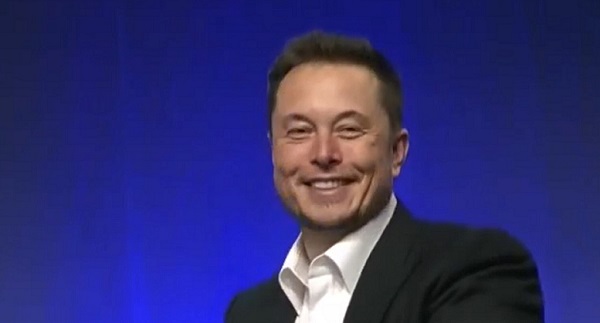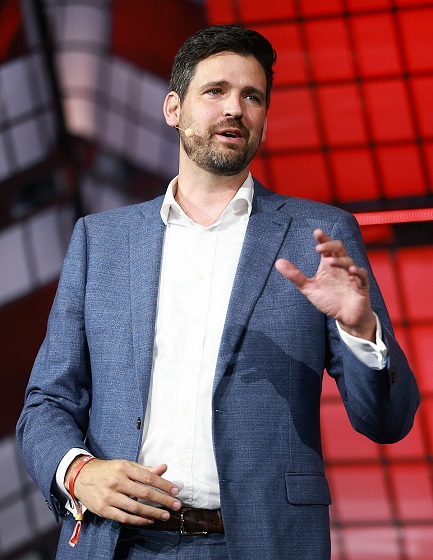Automotive
Trudeau must repeal the EV mandate


Last Monday, Transport Canada released a bombshell statement, announcing that the Trudeau government’s program granting a $5,000 rebate to Canadians purchasing an Electric Vehicle (EV) had run out of money and would be discontinued, “effective immediately.” This followed a prior announcement from the government of Quebec that they would be suspending their own subsidy, which had amounted to $7,000 per EV purchased.
This is, of course, a game changer for an industry which the Trudeau government (as well as the Ford government in Ontario) has invested billions of taxpayer dollars in. That’s because, no matter the country, the EV industry is utterly dependent upon a system of carrots and sticks from the government, in the form of subsidies and mandates.
EVs have remained notably more expensive than traditional Internal Combustion Engine (ICE) vehicles, even with those government incentive programs. Without them the purchase of EVs becomes impossible for all but the wealthiest Canadians.
Which is fine. Let the rich people have their toys, if they want them. Though if they justify the expense by saying that they’re saving the planet by it, I may be tempted to deflate them a bit by pointing out that EVs are in no way appreciably better for the environment than ICE vehicles, how all the lithium, nickel, cobalt, manganese, aluminum, copper, etc, contained in just one single EV battery requires displacing about 500,000 lbs of earth. Mining these materials often takes place in poorer countries with substandard environmental regulations.
Moreover, the weight of those batteries means that EVs burn through tires more quickly than gas-and-diesel driven vehicles, and wear down roads faster as well, which among other issues leads to an increase in particulate matter in the air, what in the old days we referred to as “pollution.”
That is a potential issue, but one that is mitigated by the fact that EVs make up a small minority of cars on the road. Regular people have proved unwilling to drive them, and that will be even more true now that the consumer subsidies have disappeared.
Of course, it will be an issue if the Trudeau Liberals get their way. You see, Electric Vehicles are one of the main arenas in their ongoing battle with reality. And so even with the end of their consumer subsidies, they remain committed to their mandates requiring every new vehicle purchased in Canada to be electric by 2035, now just a decade away!
They’ve done away with the carrots, and they’re hoping to keep this plan moving with sticks alone.
This is, in a word, madness.
As I’ve said before, the Electric Vehicle mandate is a terrible policy, and one which should be repealed immediately. Canada is about the worst place to attempt this particular experiment with social engineering. It is famously cold, and EVs are famously bad in the cold, charging much slower in frigid temperatures and struggling to hold a charge. Which itself is a major issue, because our country is also enormous and spread out, meaning that most Canadians have to do a great deal of driving to get from “Point A” to “Point B.”
Canada is sorely lacking in the infrastructure which would be required to keep EVs on the road. We currently have less than 30,000 public charging stations nationwide, which is more than 400,000 short of Natural Resources Canada’s projection of what we will need to support the mandated total EV transition.
Our electrical grid is already stressed, without the addition of tens of millions of battery powered vehicles being plugged in every night over a very short time. And of course, irony of ironies, this transition is supposed to take place while our activist government is pushing us on to less reliable energy sources, like wind and solar!
Plus, as I’ve pointed out before, the economic case for EVs, such as it was, has been completely upended by the recent U.S. election. Donald Trump’s victory means that our neighbors to the south are in no immediate danger of being forced to ditch gas-and-diesel driven cars. Consequently, the pitch by the Trudeau and Ford governments that Canada was putting itself at the center of an evolving auto market has fallen flat. In reality, they’ve shackled us to a corpse.
So on behalf of my fellow Canadians I say, “Thank you,” to the government for no longer burning our tax dollars on this particular subsidy. But that isn’t even half the battle. It must be followed through with an even bigger next step.
They must repeal the EV mandate.
Dan McTeague is President of Canadians for Affordable Energy.
Automotive
Elon Musk Poised To Become World’s First Trillionaire After Shareholder Vote


From the Daily Caller News Foundation
At Tesla’s Austin headquarters, investors backed Musk’s 12-step plan that ties his potential trillion-dollar payout to a series of aggressive financial and operational milestones, including raising the company’s valuation from roughly $1.4 trillion to $8.5 trillion and selling one million humanoid robots within a decade. Musk hailed the outcome as a turning point for Tesla’s future.
“What we’re about to embark upon is not merely a new chapter of the future of Tesla but a whole new book,” Musk said, as The New York Times reported.
Dear Readers:
As a nonprofit, we are dependent on the generosity of our readers.
Please consider making a small donation of any amount here.
Thank you!
The decision cements investor confidence in Musk’s “moonshot” management style and reinforces the belief that Tesla’s success depends heavily on its founder and his leadership.
Tesla Annual meeting starting now
https://t.co/j1KHf3k6ch— Elon Musk (@elonmusk) November 6, 2025
“Those who claim the plan is ‘too large’ ignore the scale of ambition that has historically defined Tesla’s trajectory,” the Florida State Board of Administration said in a securities filing describing why it voted for Mr. Musk’s pay plan. “A company that went from near bankruptcy to global leadership in E.V.s and clean energy under similar frameworks has earned the right to use incentive models that reward moonshot performance.”
Investors like Ark Invest CEO Cathie Wood defended Tesla’s decision, saying the plan aligns shareholder rewards with company performance.
“I do not understand why investors are voting against Elon’s pay package when they and their clients would benefit enormously if he and his incredible team meet such high goals,” Wood wrote on X.
Norway’s sovereign wealth fund, Norges Bank Investment Management — one of Tesla’s largest shareholders — broke ranks, however, and voted against the pay plan, saying that the package was excessive.
“While we appreciate the significant value created under Mr. Musk’s visionary role, we are concerned about the total size of the award, dilution, and lack of mitigation of key person risk,” the firm said.
The vote comes months after Musk wrapped up his short-lived government role under President Donald Trump. In February, Musk and his Department of Government Efficiency (DOGE) team sparked a firestorm when they announced plans to eliminate the U.S. Agency for International Development, drawing backlash from Democrats and prompting protests targeting Musk and his companies, including Tesla.
Back in May, Musk announced that his “scheduled time” leading DOGE had ended.
Automotive
Canada’s EV experiment has FAILED

By Dan McTeague
The government’s attempt to force Canadians to buy EVs by gambling away billions of tax dollars and imposing an EV mandate has been an abject failure.
GM and Stellantis are the latest companies to back track on their EV plans in Canada despite receiving billions in handouts from Canadian taxpayers.
Dan McTeague explains in his latest video.
-

 COVID-192 days ago
COVID-192 days agoFreedom Convoy leader Tamara Lich to appeal her recent conviction
-

 espionage1 day ago
espionage1 day agoU.S. Charges Three More Chinese Scholars in Wuhan Bio-Smuggling Case, Citing Pattern of Foreign Exploitation in American Research Labs
-

 Business2 days ago
Business2 days agoCarney’s budget spares tax status of Canadian churches, pro-life groups after backlash
-

 Justice2 days ago
Justice2 days agoCarney government lets Supreme Court decision stand despite outrage over child porn ruling
-

 Daily Caller2 days ago
Daily Caller2 days agoUN Chief Rages Against Dying Of Climate Alarm Light
-

 Business23 hours ago
Business23 hours agoCarney budget doubles down on Trudeau-era policies
-

 COVID-1924 hours ago
COVID-1924 hours agoCrown still working to put Lich and Barber in jail
-

 Business23 hours ago
Business23 hours agoCarney budget continues misguided ‘Build Canada Homes’ approach








